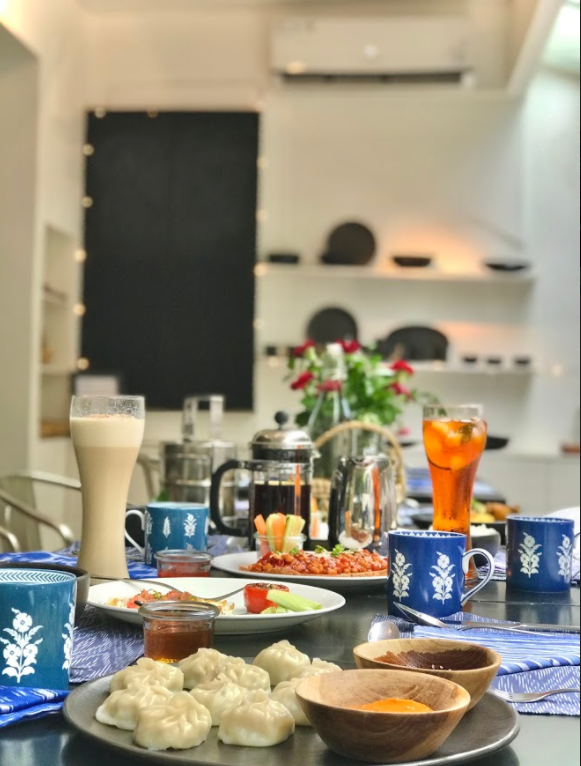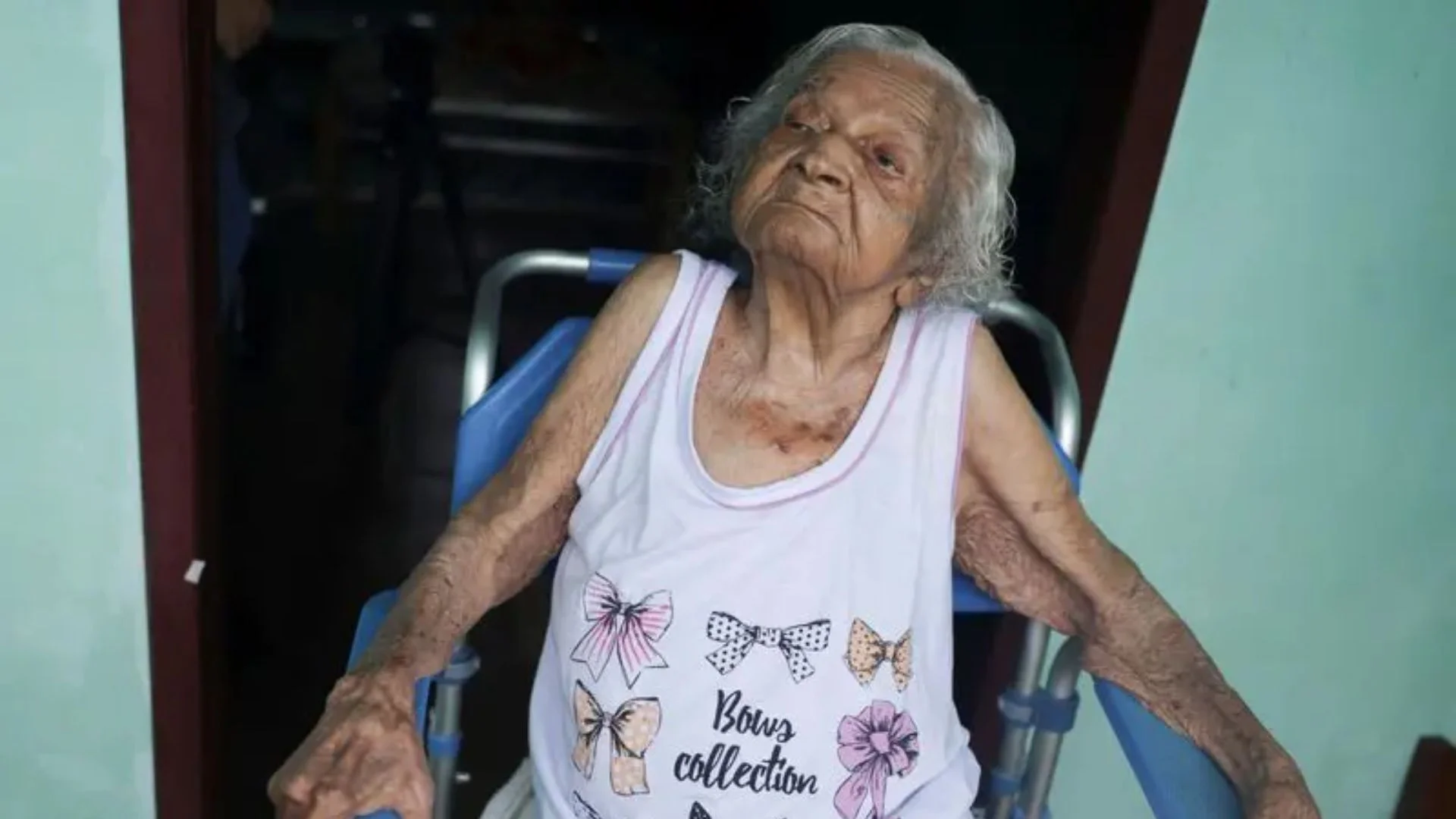I went to a restaurant — my favourite Shang Place at the Shangri-la by Eros — for the first time in more than five months on Thursday night, and I must confess I felt sad to see it all but empty, especially because I could not get a table the previous night. Industry insiders say that unlike Paris or New York, where people surged into restaurants as soon as the lockdown in their respective cities was lifted, Delhi and most other cities in the final phases of un-lockdown has been seeing a lukewarm response. Four reasons are cited for this disheartening — or, at best, uneven — response.
First and foremost, as a result of rampant job losses and the constriction of the economy, the middle-class is still wary of spending on non-essential indulgences. Everyone is saving for the rainy day. Second, with a significant segment of the most active patrons of Delhi-NCR restaurants — namely, those in the 25-35 age bracket — going back to their hometowns because of the ‘new normal’ reality of working from home, their old haunts today wear a deserted look, or have not got their buzz back yet.
Third, with hotels struggling for occupancy — guests checking in today are essentially those very few people who are working on incomplete building or factory projects, and have no other option but to visit their sites physically — their in-house restaurants as well as those around them have seen an important source of business drying up. And fourth, by keeping liquor off restaurants (fortunately, the bar will be lifted on 9 September in Delhi), the government ensured that thirsty spirits drank away their miseries at home (if it becomes a habit, like cooking at home, then I see a lot of restaurants shutting shop!).
Restaurants have pared their seating by 50 per cent, their staff talk to you from behind their masks, depriving us of the pleasure of seeing people smile and making us feel welcome, and the pleasure of thumbing through menus, and mulling over the entries, has been replaced by QR codes that lead you to them on your phone screen. I must confess I can never read a menu properly on a phone screen!
I did not notice it, but I also learnt that all candles had been removed from tables because in proximity to the hand sanitisers containing 70 per cent alcohol, they could form a combustible combination. Likewise, newspapers are no longer delivered to hotel rooms to prevent crosscontamination. These are all the elements of the ‘new normal’ age and we have got to learn to live with them. And we must all start visiting our favourite restaurants a little more often than before to thank them for the good times we have had in them.
Sourish Bhattacharyya has been writing about food and drinks for the past two decades. He is also co-editing with Colleen Taylor Sen The Companion to Indian Food for Bloomsbury, UK, which is scheduled to come out in 2022.
Unsung Covid Warriors

I was happy to meet Sahil Arora, Executive Chef of the Shangri-la by Eros, who was till recently in Mumbai, and he surprised me by saying he had been ‘quarantined’ in the hotel for four months and a half, away from his wife and daughter, serving Indian nationals flying in from across the world under the Vande Bharat mission of the Union Government.
The people returning home were quarantined in various hotels, including the Shangrila, and Arora was at their service along with just four chefs reporting to him. The number of rooms occupied by the Vande Bharat returnees could range from five to 100, but Arora had to serve them with whatever people and material he had at his disposal. Still, he managed to gorge on the offerings of Amazon Prime Time Video, and also unveil his hotel’s home delivery menu.
Arora counts himself among the lucky ones. Some of the staffers of his old workplace, Renaissance Mumbai, which had been declared a Covid hotel, succumbed to the virus while serving the patients and their doctors. They were literally living in the shadow of death, but they did not give up. We have a good reason to hail the innumerable sacrifices of our doctors and nurses, but let us also spare a thought for our hospitality sector workers who served them so that they could serve the ones in desperate need of their care.
A Quaint Retreat


Delhi may look like a city bursting at its seams, but it has its little surprises for people seeking to be transported to a different world for a few days or even hours. One such getaway is Misbah, which has replaced Scarlette on one of the side streets of Safdarjung Enclave. For years, Scalette, which was presided over by a pleasant Frenchwoman named Elisabeth Roussel, was the go-to ‘guest house’ for international travellers seeking anonymity and peace of mind without compromising on the quality of services.
On the day lockdown was announced (ironically!), Scarlette’s management sold the property off to an Australian couple Caroline and Shaun (she’s an Anglo-Indian who left her home city Kolkata when she was a teenager), who have renamed it Misbah — mizbahdelhi.co.in — and converted it into a boutique hotel and café managed by a bright young graduate of The Oberoi’s prestigious STEP programme, Varun Kutty.
Responding to the market reality of a Covid-plastered tourism economy, and to make their cash registers start ringing all over again, Caroline and Shaun have opened Misbah to people who just wish to have a meal (or an evening spent over their unforgettable cakes and coffee) – after pre-booking of course.
I had Misbah’s non-vegetarian dabba meal (you could also order it for Rs 450, non-vegetarian, or Rs 400, vegetarian – delivered sans plastic in a stainless steel dabba), which consisted of a Dak Bungalow Chicken Curry, Toor Dal, Steamed Amaranth (chaulai ka saag), Beans Poriyal, Crisp Karela and Onion Salad, and Beetroot and Pomegranate Raita. We also had the Darjeeling momos prepared by the long-time cook, Tamang, and then retreated for coffee and rusks in the well-appointed living room bustling with books. For those moments, we seemed to have forgotten that we were in Delhi.
Skilled Hands Lost
One Covid story that never got reported was the loss of jobs in the hospitality sector. Senior hotel and restaurant executives say that 40 to 50 per cent of those employed in the sector have lost their jobs. The rest have taken hefty pay cuts or were asked to be on leave without pay for the lockdown months.
Many who have lost their jobs are critical to kitchen operations. Whether tandoor chefs or kebab specialists, they may not have gone to hotel management institutes, but they are quietly responsible for the smiles that greet well-made food. Most of them have gone back to their home villages in Uttarakhand, the North-East and Nepal. Many of them have found jobs locally or launched little businesses. This lost of skilled hands is the biggest worry weighing on the industry today.






















